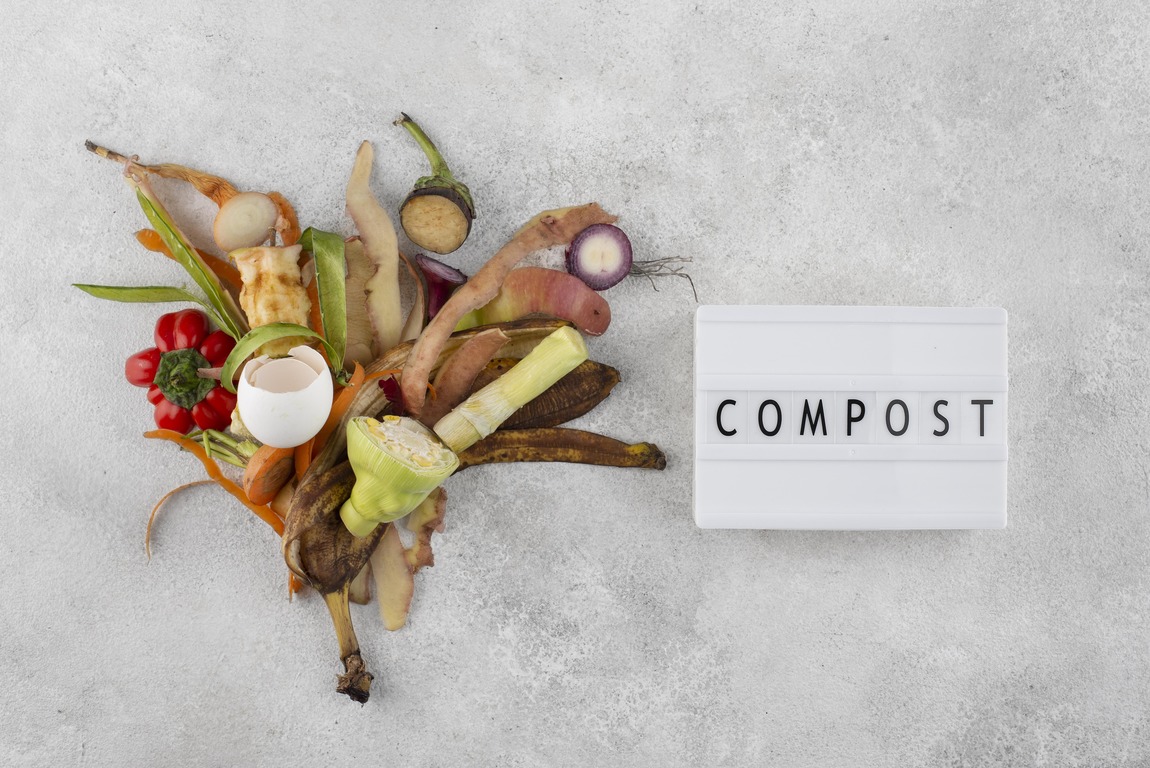
Composting 101: Transforming Food Scraps into Garden Gold
In the heart of Singapore's bustling city life, there's a green revolution underway. It's about transforming kitchen leftovers into nutrient-rich compost. This process turns food scraps into garden gold. Composting is not just an art. It's a straightforward practice that benefits both your garden and the environment. By adopting this method, we take a significant step towards zero food waste.
The Basics of Composting
Composting is the process of turning organic waste into soil fertilizer. It involves layering food scraps with dry materials. These include leaves or shredded paper. Create a good place for tiny bugs to eat stuff. Make sure it's fair for them. Over time, these scraps transform into compost. This compost is rich in nutrients and perfect for gardening.
The beauty of composting lies in its simplicity. You can start with a small bin in your kitchen or a larger pile in your backyard. The key is to maintain a balance between green and brown materials. This ensures a speedy decomposition process.
Benefits of Composting
Composting has profound benefits for our environment and gardens. It reduces the amount of waste sent to landfills. This, in turn, lowers methane emissions. Composting also enriches the soil. It reduces the need for chemical fertilizers. The result is healthier plants and a more vibrant garden.
In Singapore, a city known for its limited space. Composting offers a solution to waste management. It transforms kitchen waste into a valuable resource. This practice aligns with the city's vision of sustainability and zero food waste.
Composting in Singapore: A Case Study of D2L.SG
Our commitment to sustainability at D2L.SG is a testament to what we, as a community, can achieve together. We've reached remarkable milestones in our journey. We've saved 441.6 million liters of water and diverted over 600 tonnes of surplus food from landfills. This initiative hasn't just been about waste reduction; it's led to a savings of $7.1 million. Furthermore, we've successfully prevented 3114 tonnes of CO2 emissions. With the support of 60 merchant partners and the hard work of over 300 rescuers we've recruited. We've made a significant difference in the lives of 10,000 families.
Our work at D2L.SG shows how the community can help sustainability. It's powerful when people come together for the environment. We've shown that when we come together. Our collective action can result in substantial environmental impacts. Our work stresses the vital need to reduce food waste. Composting aligns with this goal of achieving zero food waste.
How to Start Composting
Starting your composting journey is easier than you might think. First, choose a suitable bin or a spot in your garden. Then, begin collecting your kitchen scraps. Remember, not all food waste is compostable. Avoid dairy, meat, and oily foods in your compost.
Layer your scraps with brown materials like leaves or shredded paper. This mixture should be kept moist but not wet. Turn it occasionally to aerate the pile. With patience and care, your compost will be ready to use in a few months.
Tips for Successful Composting
For successful composting, keep these tips in mind. Ensure your compost pile has good airflow. This speeds up the decomposition process. Also, chop or shred your food scraps. Smaller pieces break down faster.
Regularly turning your compost pile is crucial. It introduces oxygen, which is vital for composting. Finally, be patient. Composting is a natural process that takes time.
Transforming Food Waste into Garden Gold
Composting is a simple yet effective way to reduce food waste and enrich our gardens. In Singapore, D2L.SG shows how managing food waste helps. It's a good thing. By embracing composting, we contribute to a greener planet. We also take a step closer to achieving zero food waste. Turn our food scraps into garden gold. Nourish the earth for future generations.
